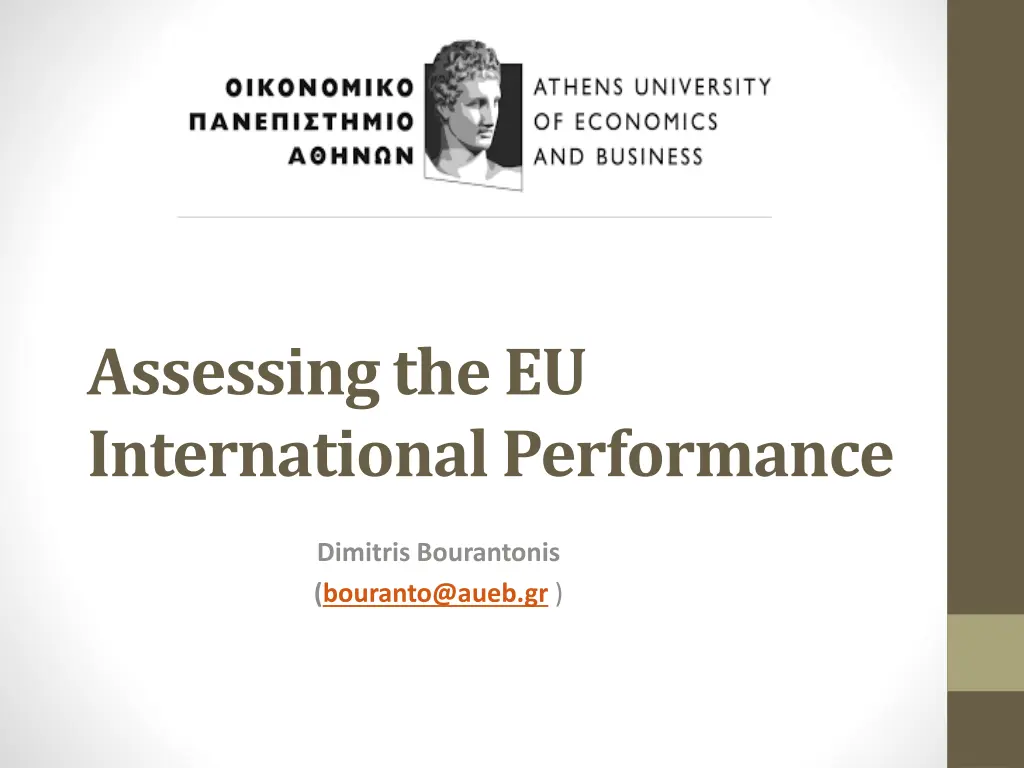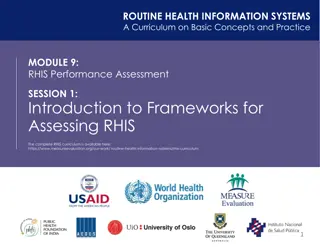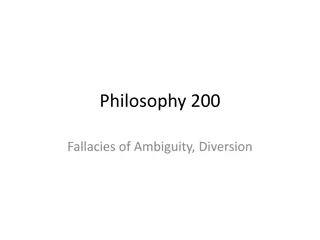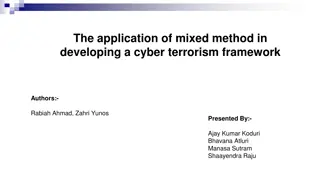
Assessing EU International Performance by Dimitris Bourantonis
Explore the conceptualization and analytical framework of the EU's international presence, actorness, and performance in international affairs as discussed by Dimitris Bourantonis. Understand the factors influencing the EU's legitimacy crisis and the methodological challenges in evaluating its international performance.
Download Presentation

Please find below an Image/Link to download the presentation.
The content on the website is provided AS IS for your information and personal use only. It may not be sold, licensed, or shared on other websites without obtaining consent from the author. If you encounter any issues during the download, it is possible that the publisher has removed the file from their server.
You are allowed to download the files provided on this website for personal or commercial use, subject to the condition that they are used lawfully. All files are the property of their respective owners.
The content on the website is provided AS IS for your information and personal use only. It may not be sold, licensed, or shared on other websites without obtaining consent from the author.
E N D
Presentation Transcript
Assessing the EU International Performance Dimitris Bourantonis (bouranto@aueb.gr )
Conceptualizing the EU in International Affairs (1/3) International presence EU has always had important externalities shaping the perceptions and expectations of other international actors. does not necessarily connote purposive external action It derives as an unintended consequence of domestic policy-making processes (e.g. Single Market or EMU)
Conceptualizing the EU in International Affairs (2/3) International actorness assumes deliberative and active functioning in international politics capacity to act (presence indicates mostly a function of being) entails a degree of independence from the external environment and a degree of autonomy from the internal constituents, EU as a political entity capable of formulating purposes, reaching decisions, and engaging in purposive action
Conceptualizing the EU in International Affairs (3/3) International Performance linked with the broader EU legitimacy crisis good performance may justify the existence of an otherwise unaccountable (IO) permissive consensus thesis (if it delivers, who cares about democratic governance?) beyond the achievement of agreed-upon objectives ( effectiveness ) performance is extremely prone to the eye of the beholder problem Methodological difficulties: Temporal focus (time frame) and level of analysis (where)
Analytical Framework (1/4) Three levels of analysis Micro-level: output intra-EU process of policy-formation deliverables of internal political and institutional dynamics that inform the EU international engagement performance indicators: clarity, meaningfulness, relevance to the stakeholders, and inclusiveness
Analytical Framework (2/4) Meso-level: outcome implementation of output and the deriving EU behavioural adjustment focus on the EU efforts and actions and whether they carry out the agreed outputs and not on their impact performance criteria: coherence, proper use of available instruments, and supply of international leadership
Analytical Framework (3/4) Macro-level: impact effect of the EU international outcomes challenge of establishing causality Internal external impact culture of quick impact and political symbolism that has little if any real effect external impact dimension of IOs performance: goal attainment, problem solving and collective optima Two criteria: effectiveness and efficiency
THREE LEVELS OF PERFORMANCE ANALYSIS IMPACT (macro-level) OUTPUT (micro-level) OUTCOME (meso-level) Process of policy formation (intra-EU) EU international activation (behavioural change): how the EU takes the output at the international level Result of the EU international activation: Regime formation (set up and reform of IOs) Handling of individual crises CRITERIA INDICATORS Inclusiveness Meaningfulness Relevance to the EU stakeholders Clarity Cohesion-Continuity Use of Available Instruments Supply of International Leadership PARAMETERS Effectiveness Efficiency Preference homogeneity of member-states Competence: Internal: institutional modus operandi External: legal/institutional provisions (legal personality, HR/EEAS, etc) and available means Negotiating context : Bargaining power: structural assets and institutional features Role of other international actors (states, IOs, NGOs)
Parameters Conditioning the EU International Performance (1/2) preference homogeneity of member-states
Parameters Conditioning the EU International Performance (2/2) EU competence Internal: what the EU can do (mostly output performance) External: international EU modus operandi (means and institutional arrangements set in place to materialise the decisional output) (mostly affects outcome and impact performance) negotiating context within which interactions occur bargaining power of the EU: depends on EU structural assets and its institutional features role of other international actors (states, IOs, NGOs): emphasis on structure and content of the specific multilateral negotiations under examination






















